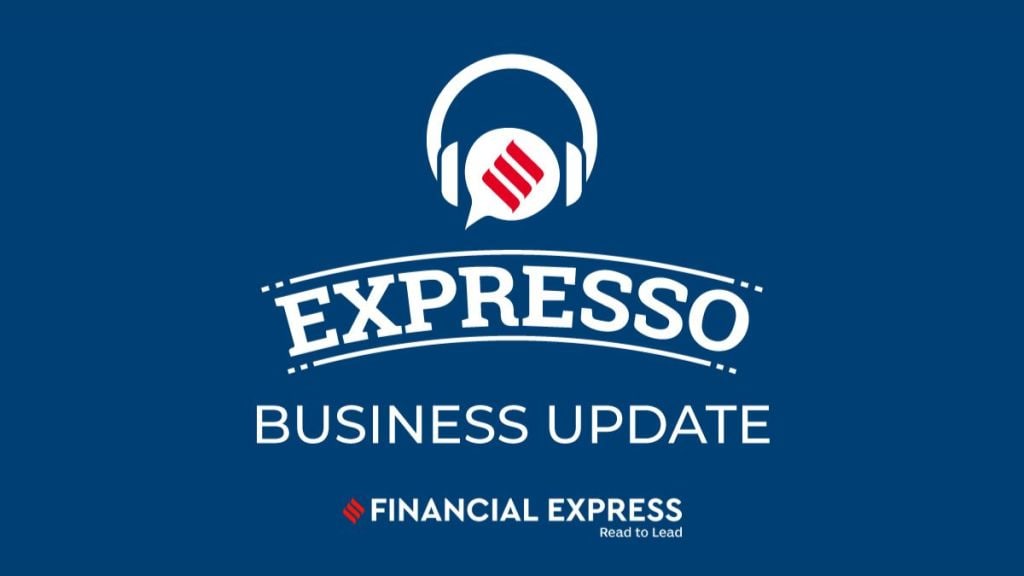In today’s audio, we will talk about GST collections, IndiGo’s business class, govt monitoring prices of 16 more commodities, and more.
Business News at 05:30 pm on 2nd August, 2024
In today’s audio, we will talk about GST collections, IndiGo’s business class, govt monitoring prices of 16 more commodities, and more.
Business News at 05:30 pm on 2nd August, 2024
[Disclaimer: This transcript is auto-generated]
===
Let’s begin…The gross GST collections during July rose 10.3% on year to Rs 1.82 trillion, data released by the finance ministry showed on Thursday. In June, the collections, which stood at Rs 1.74 trillion, had grown only 8% on year, at the slowest rate in three years. Refunds issued during July stood at Rs 16,283 crore; and thus the net collections for the month came in at Rs 1.66 trillion, up 14.4% from the previous year. Further, gross collections from domestic transactions in July rose 8.9% on year to Rs 1.34 trillion, while from imports, it soared 14.2% to Rs 48,039 crore. For April-July, the gross collections stood at Rs 7.39 trillion, up 10.2% on year; and net collections at Rs 6.56 trillion. Up next, To expand tracking of retail and wholesale prices of a broad range of commodities, the department of consumer affairs will collect and monitor daily movement of wholesale and retail prices of 16 additional commodities, including brinjal, eggs, banana, spices besides the existing 22 commodities, including rice, wheat, pulses, edible oil and onion. An official said, quote, ‘By adding commodities spices, including cumin seeds and black pepper, banana, brinjal, eggs, butter and bajra into price monitoring, we have included the entire range of commodities consumed in the country,’ end quote. Food items which have been added to the list of those being monitored daily are bajra, jowar , ragi, suji, maida, besan, ghee, butter (pasteurised), brinjal, egg, black pepper, coriander, cumin seed, red chillies, turmeric powder, and banana. In other news, IndiGo will unveil its premium services such business class as well as loyalty programme offering at an event on August 5 to celebrate its 18th anniversary. Sources told FE, quote, ‘An all inclusive array of interlinked services that focuses on passengers comfort in an efficient and affordable manner will be shown,’ end quote. According to sources, the seats and on-board amenities of the business class product to be introduced on select routes around November will be showcased. The sources added, quote, ‘The complete passenger unit with broader seat base, enhanced leg room and improved menu options will be shown,’ end quote. Moving on, Meta chief financial officer Susan Li on Thursday said India has become the largest market for the usage of Meta AI, the company’s artificial intelligence chatbot. The company rolled out its AI chatbot in India in June this year. Across its apps such as Facebook, WhatsApp, Instagram, and Threads, Meta has over a billion users. WhatsApp has about 500 million users in the country. Li said in the April-June earnings call, quote, ‘People have used Meta AI for billions of queries since we first introduced it. We’re seeing particularly promising signs on WhatsApp in terms of retention and engagement,’ end quote. Last month, Meta also included Hindi and Hindi-Romanized Script (or Hinglish), in its AI chatbot. In another development, The banking, financial services and insurance (BFSI) sector is poised to witness a substantial increase in the net employment in the first half of FY25, as per a report by the staffing firm Teamlease Services. In the April to September 2024 period, Teamlease expects the banking sector to register the highest growth in net employment at 7.21% which will be followed by the 5.41% growth in the non-banking financial companies (NBFCs), signifying their ambitious workforce expansion plans. The other components of the BFSI space – insurance and fintech sectors – too are likely to see growth in H1FY25. For instance, the insurance sector, with a net employment increase of 5.25%, is going to hire more people on account of meeting requirements in regulatory compliance, cybersecurity, and heightened customer engagement, as per the report. Next up, Experts on Thursday differed on whether India is optimally utilising its potential for tax revenue generation, given the need for more widespread and efficient delivery of public services. India’s tax-to-GDP ratio is “definitely” not low, rather “well above” where it should be, when compared to other middle-income economies, said Surjit Bhalla, former member of PM-Economic Advisory Council (PM-EAC). Speaking at an event organised by the Centre for Social and Economic Progress, he said, quote, ‘Middle-income countries, and fast growing economies have much lower tax-to-GDP ratio… we tax too much!’ However, noted tax policy expert Arbind Modi stressed that when compared with the potential – of 20-25%% – the country’s tax-GDP ratio is low. Lastly, The rally in India’s stock markets has been fuelled almost entirely by local buying. Domestic institutional investors (DIIs) have invested nearly five times the amount foreign portfolio investors (FPIs) infused in the equity markets over the last 10 months. During the period, the benchmark Nifty moved from 20,000 to 25,000 points, scaling a new peak on Thursday. Local institutions have bought stocks worth a staggering Rs 3.36 trillion since September 12, when the Nifty hit 20,000 points for the first time. Against this, FPIs have pumped in approximately Rs 70,550 crore. Also, promoters have pared stakes valued at close to Rs 1 trillion.
